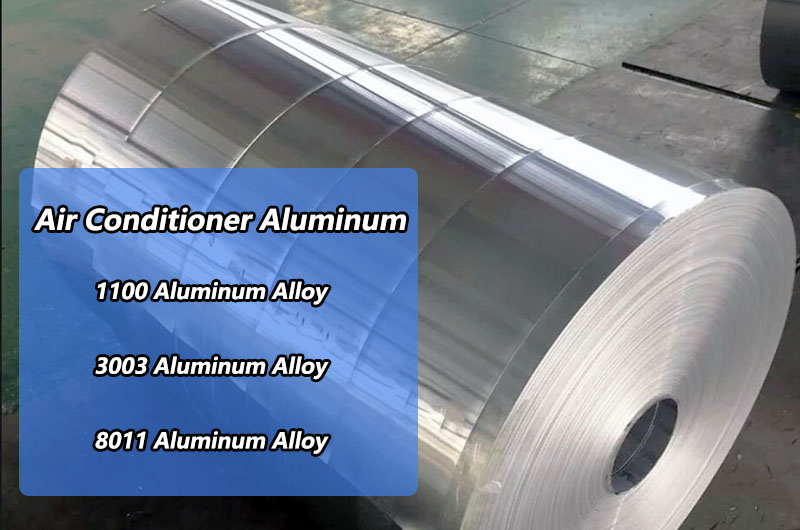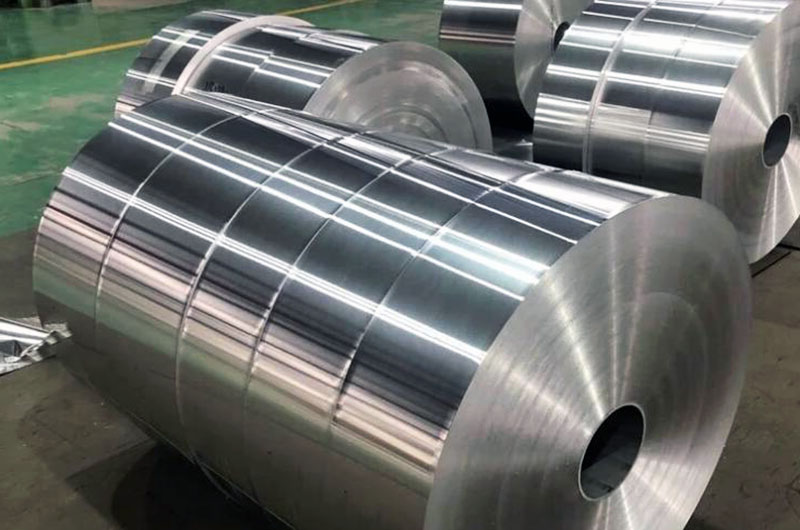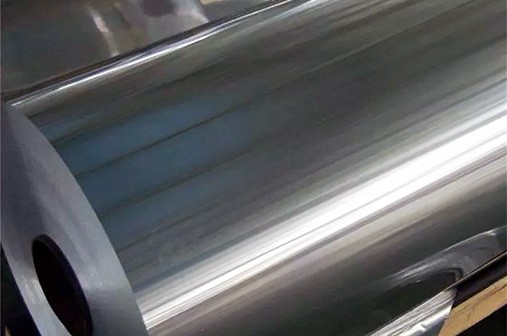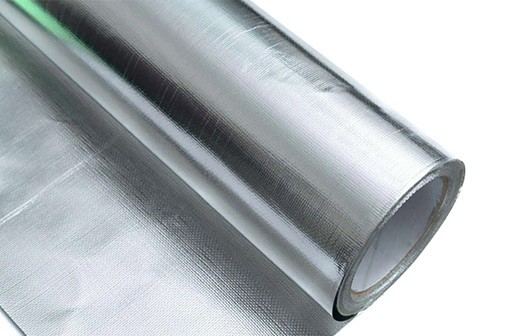- The Role of Aluminum Foil in Air Conditioning
- Advantages of Using Aluminum Foil in Outdoor Air Conditioning Units
- Case Studies and Research
- Conclusion
Yes, aluminum foil is suitable for outdoor use in air conditioning units due to its corrosion resistance. However, protective coatings or treatments may be applied for enhanced durability in harsh environmental conditions.
As technology continues to advance, so does the quest for more efficient and cost-effective solutions in various industries, including air conditioning. One material that has gained attention in this regard is aluminum foil.
Traditionally used in household kitchens for food preservation and cooking, aluminum foil has found its way into discussions about its potential applications in outdoor air conditioning units.
The Role of Aluminum Foil in Air Conditioning
Before delving into the specifics of using aluminum foil in outdoor air conditioning units, it's crucial to understand the role of this material in the broader context of air conditioning systems. Aluminum foil is recognized for its excellent thermal conductivity, corrosion resistance, and malleability, making it a popular choice in various industries.
Alloy Composition
Aluminum foil is typically made from an alloy of aluminum, with common elements including manganese, magnesium, and small amounts of other metals. The specific alloy composition plays a crucial role in determining the foil's mechanical and thermal properties. In the context of air conditioning, alloys such as 1100, 3003, and 8011 are commonly used due to their favorable characteristics.

- Alloy 1100: Known for its high thermal conductivity and excellent corrosion resistance, Alloy 1100 is a pure aluminum grade often used in applications where formability and thermal performance are critical.
- Alloy 3003: This alloy contains manganese, making it more robust than Alloy 1100. Alloy 3003 is known for its resistance to corrosion and excellent formability, making it suitable for various air conditioning components.
- Alloy 8011: Recognized for its high tensile strength and good formability, Alloy 8011 is often used in flexible packaging, but its properties make it a candidate for certain air conditioning applications.
Advantages of Using Aluminum Foil in Outdoor Air Conditioning Units
1. Thermal Conductivity
One of the primary reasons aluminum foil is being considered for outdoor air conditioning units is its exceptional thermal conductivity. Heat transfer is a critical aspect of air conditioning systems, and materials with high thermal conductivity can contribute to better overall efficiency. Aluminum foil, with its ability to quickly conduct heat, can potentially enhance the heat exchange processes within the system.
2. Corrosion Resistance
Outdoor air conditioning units are exposed to a range of environmental elements, including moisture, rain, and temperature fluctuations. Aluminum foil, especially when made from corrosion-resistant alloys like 3003 and 8011, can withstand these conditions more effectively than some alternative materials, potentially leading to longer lifespan and reduced maintenance requirements.
3. Lightweight and Malleable
Aluminum is renowned for its lightweight nature and malleability. These characteristics make it easier to work with during the manufacturing and installation processes. Additionally, the reduced weight of aluminum components can contribute to lower transportation costs and easier handling during installation.
4. Potential Challenges and Considerations
While the use of aluminum foil in outdoor air conditioning units offers several potential benefits, it is essential to acknowledge and address potential challenges associated with this application.
5. Corrosion in Harsh Environments
While aluminum is generally corrosion-resistant, exposure to certain harsh environments can still lead to corrosion over time. In coastal areas with high salt content in the air, or in industrial settings with aggressive pollutants, the long-term durability of aluminum components may be a concern. Protective coatings or surface treatments may be necessary to mitigate corrosion risks.
6. Mechanical Strength
Aluminum, while lightweight, may not possess the same mechanical strength as some alternative materials, such as certain steel alloys. In outdoor units exposed to strong winds, heavy rain, or other physical stresses, the mechanical strength of aluminum components must be carefully considered to ensure the structural integrity of the system.
7. Cost Considerations
While aluminum foil itself is a cost-effective material, the overall cost-effectiveness of using aluminum in air conditioning units involves various factors. These include manufacturing processes, installation methods, and the lifespan of the components. It is essential to conduct a thorough cost-benefit analysis to determine the economic feasibility of incorporating aluminum into outdoor air conditioning units.

Case Studies and Research
To better understand the practical applications of aluminum foil in outdoor air conditioning units, it is crucial to examine existing case studies and ongoing research in this field.
Case Study 1: Aluminum Finned Coils
In certain air conditioning systems, aluminum fins are already used in conjunction with copper tubing to create coils for heat exchange. These aluminum fins capitalize on the material's thermal conductivity, and manufacturers often provide corrosion-resistant coatings to enhance durability.
Case Study 2: Corrosion Resistance in Coastal Areas
Given the concern about corrosion in coastal environments, ongoing research is likely exploring the effectiveness of corrosion-resistant alloys and protective coatings. Understanding how well aluminum withstands the corrosive effects of salt-laden air is essential for determining its suitability in outdoor air conditioning units deployed in coastal regions.
Conclusion
The exploration of using aluminum foil in outdoor air conditioning units is a complex and multifaceted endeavor. While the material offers advantages such as high thermal conductivity, corrosion resistance, and lightweight properties, it is crucial to address potential challenges such as corrosion in harsh environments, mechanical strength, and overall cost considerations.
As research and technological advancements continue, it is expected that the HVAC (Heating, Ventilation, and Air Conditioning) industry will gain a deeper understanding of the practical implications of incorporating aluminum into outdoor units.
In conclusion, while aluminum foil holds promise for enhancing certain aspects of outdoor air conditioning units, a comprehensive and nuanced approach is necessary to balance the benefits and challenges associated with this unconventional application of a household staple.
Informations you may be interested in:
- Which is better, hydrophilic aluminum foil or copper foil for air conditioners
- Hydrophilic aluminum foil vs non-hydrophilic aluminum foil
- Solutions to hydrophilic aluminum foil problems
- What is Hydrophilic Aluminum Foil?
- Hydrophilic aluminum foil performance indicators
- Factors Affecting the Hydrophilicity of Hydrophilic Aluminum Foil
- What components in air conditioning systems use aluminum foil?
- How is aluminum foil used for thermal insulation in air conditioning systems?
- Comprehensive analysis of air conditioning aluminum foil: classification and applications
- What kind of material is air conditioning aluminum foil made of and what are its



